-
×

-
×

-
×

-
×
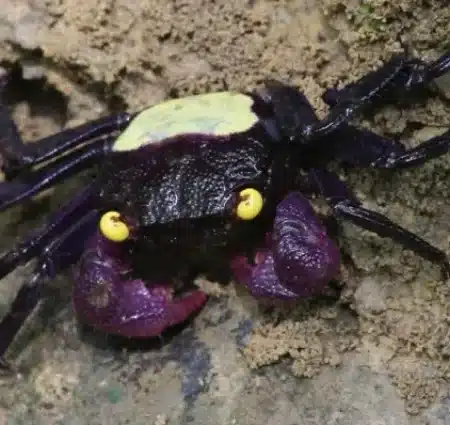 Golden Eyes Vampire Crab - Geosesarma Sp. - Decapod Crustacean
1 × £8.71
Golden Eyes Vampire Crab - Geosesarma Sp. - Decapod Crustacean
1 × £8.71 -
×

-
×
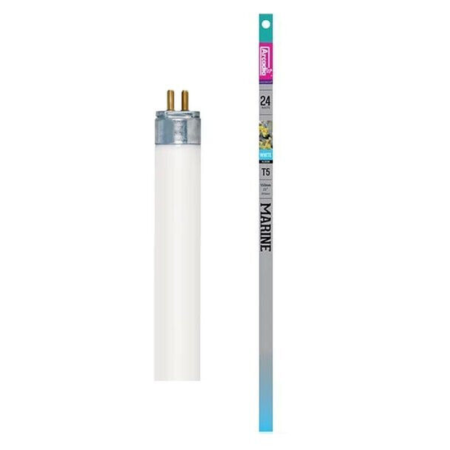
-
×

-
×
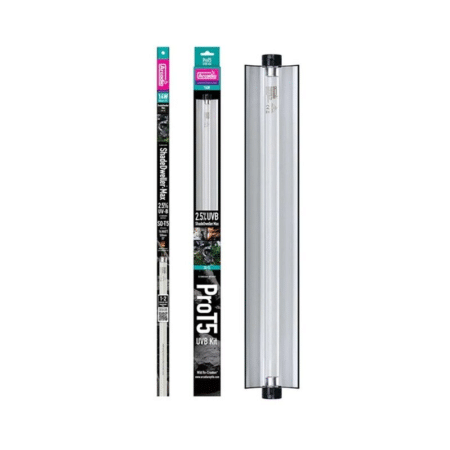
-
×
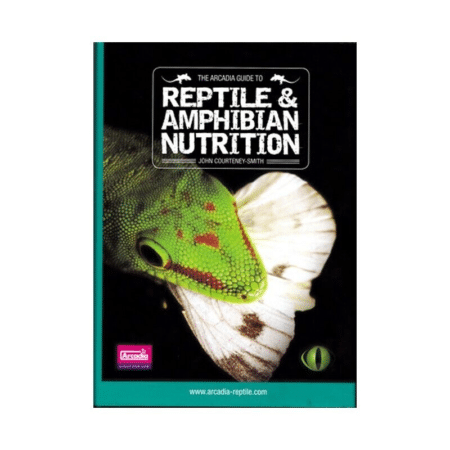
Subtotal: £331.91

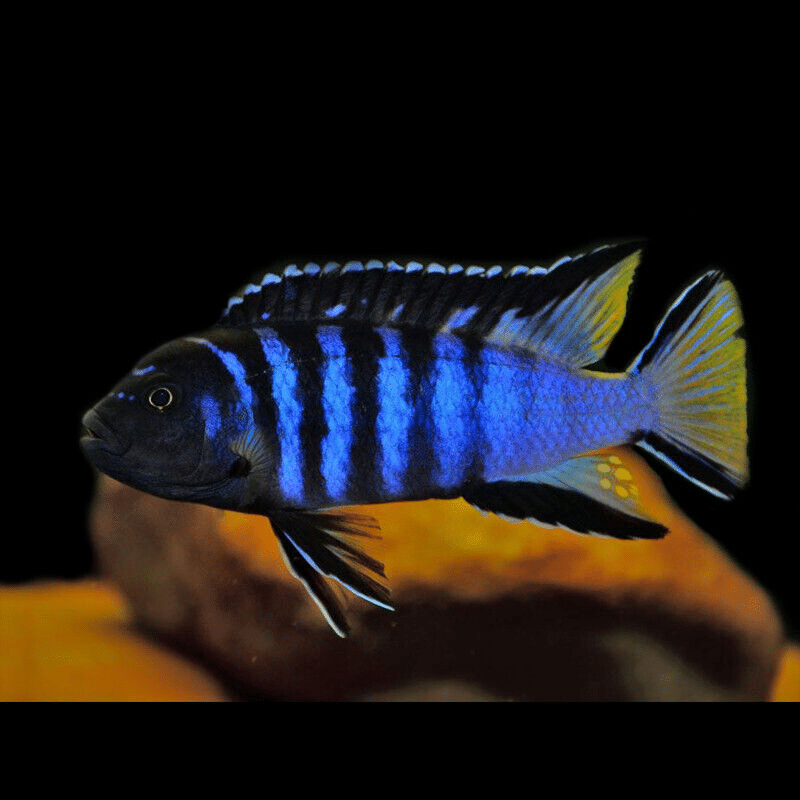
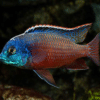
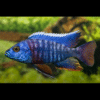



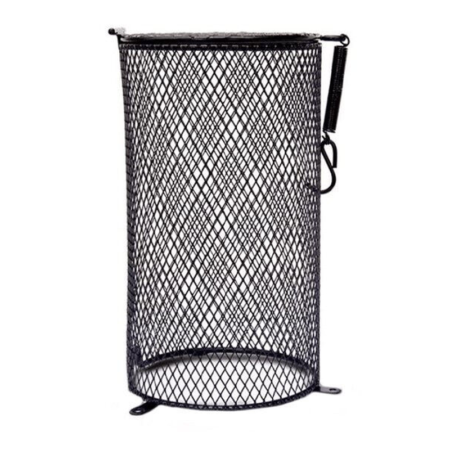
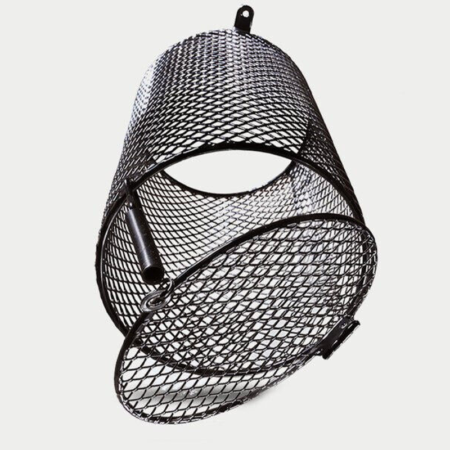



Emily Carter (verified owner) –
I recently added the Elongate Mbuna Cichlid (Chindongo Elongatus) to my 75-gallon Lake Malawi setup, and I couldn’t be happier! These slender mbuna cichlids are not only stunning with their vibrant colors and unique body shape, but they also have such an engaging personality. After two weeks in my tank, they’re already becoming the stars of the show! They love to explore the rocky landscape I’ve created and are fantastic algae grazers, which has been a huge help in keeping my tank clean.
I’ve kept various freshwater fish over the years, but the energy of these mbuna cichlids is something special. They do have a bit of a territorial nature, so I’d recommend ensuring you have plenty of hiding spots and caves for them to establish their territories. Compared to other cichlids I’ve owned, the Elongate Mbuna is less aggressive, making them a great choice for a community tank with other compatible species.
I highly recommend them for both new and seasoned aquarium hobbyists. Just be mindful about their space needs and social dynamics. They truly thrive with a little care and attention. I’ll definitely be purchasing more in the future!